Is the Covid19 crisis the tipping point for online learning? As we wrote in our introduction to the Silver Lining for Learning webinar series
…this crisis has forced schools and universities to close, pushing often unprepared institutions to move teaching and learning online.
This was not a decision, we educators, took with great deliberation—it was forced on us by the situation. And, to be fair, we will do the best we can under the circumstances.
It is also true that, one day, this storm will pass. Or maybe it will evolve into something else. What is clear, however, is that “the choices we make now could change our lives for years to come” (quoting Yuval Harari in his piece The world after coronavirus). He goes on to write:
Decisions that in normal times could take years of deliberation are passed in a matter of hours. Immature and even dangerous technologies are pressed into service, because the risks of doing nothing are bigger. Entire countries serve as guinea-pigs in large-scale social experiments. What happens when everybody works from home and communicates only at a distance? What happens when entire schools and universities go online? In normal times, governments, businesses and educational boards would never agree to conduct such experiments. But these aren’t normal times. (Harari, 2020)
I have been in the educational technology field for almost three decades now. And I would not be in the field if I didn’t believe that technology has a great potential to transform education.
That said, over the past few years I have become increasingly concerned and skeptical about how this potential actually plays out: which aspects of technological potential are emphasized and which get ignored; how certain views get essentialized and normalized and which do not; who gets to control the discourse and who does not, and most importantly, on whom does the burden of it fall. (For one take on my evolving thinking on this thinking, pre-Coronavirus, see this presentation titled, Educational technology: A provocation).
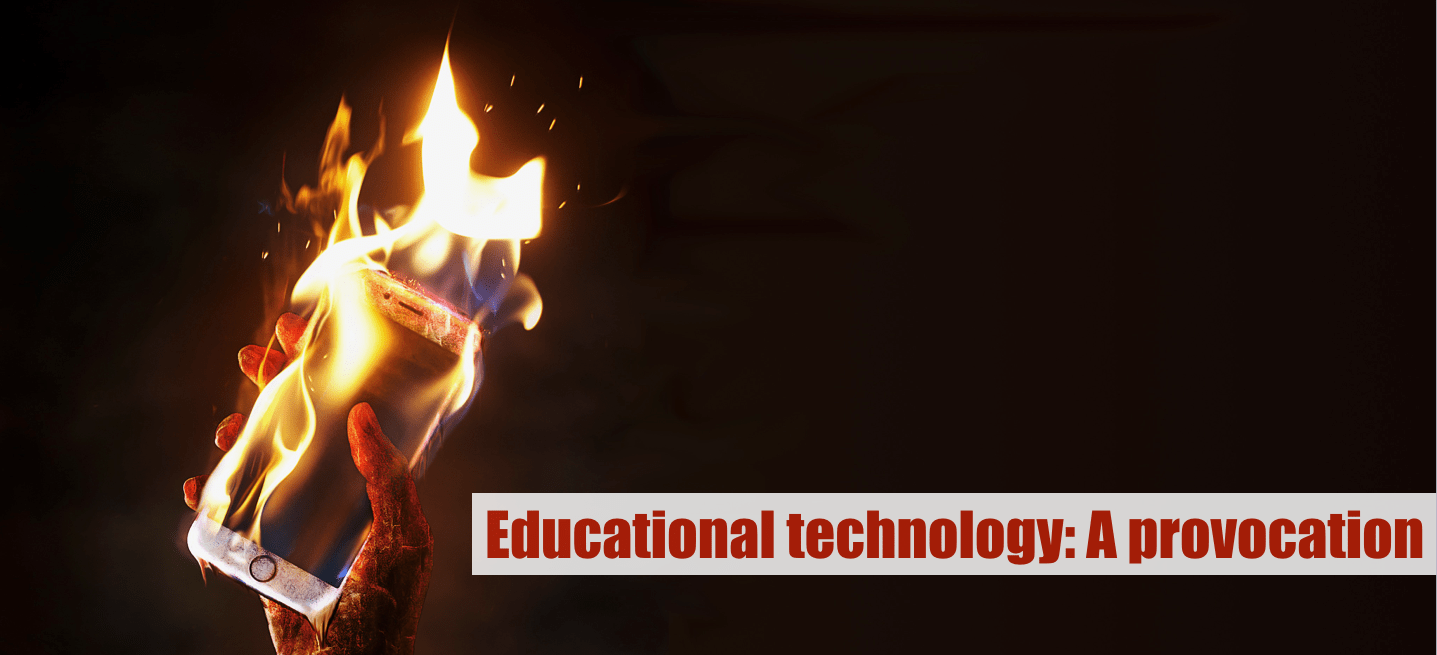
It is clear to me that we need to approach the decisions we make today with caution and humility. And, we the technologists, need to step out of our boxes and be willing to learn. We need to talk to historians, philosophers, artists and humanists; people who have thought deeply about these issues, not necessarily from a techno-centric perspective.
We need to speak to, and more importantly listen to, contrarians, people whose ideas upset us, because that is the only way we can get better at what we do.
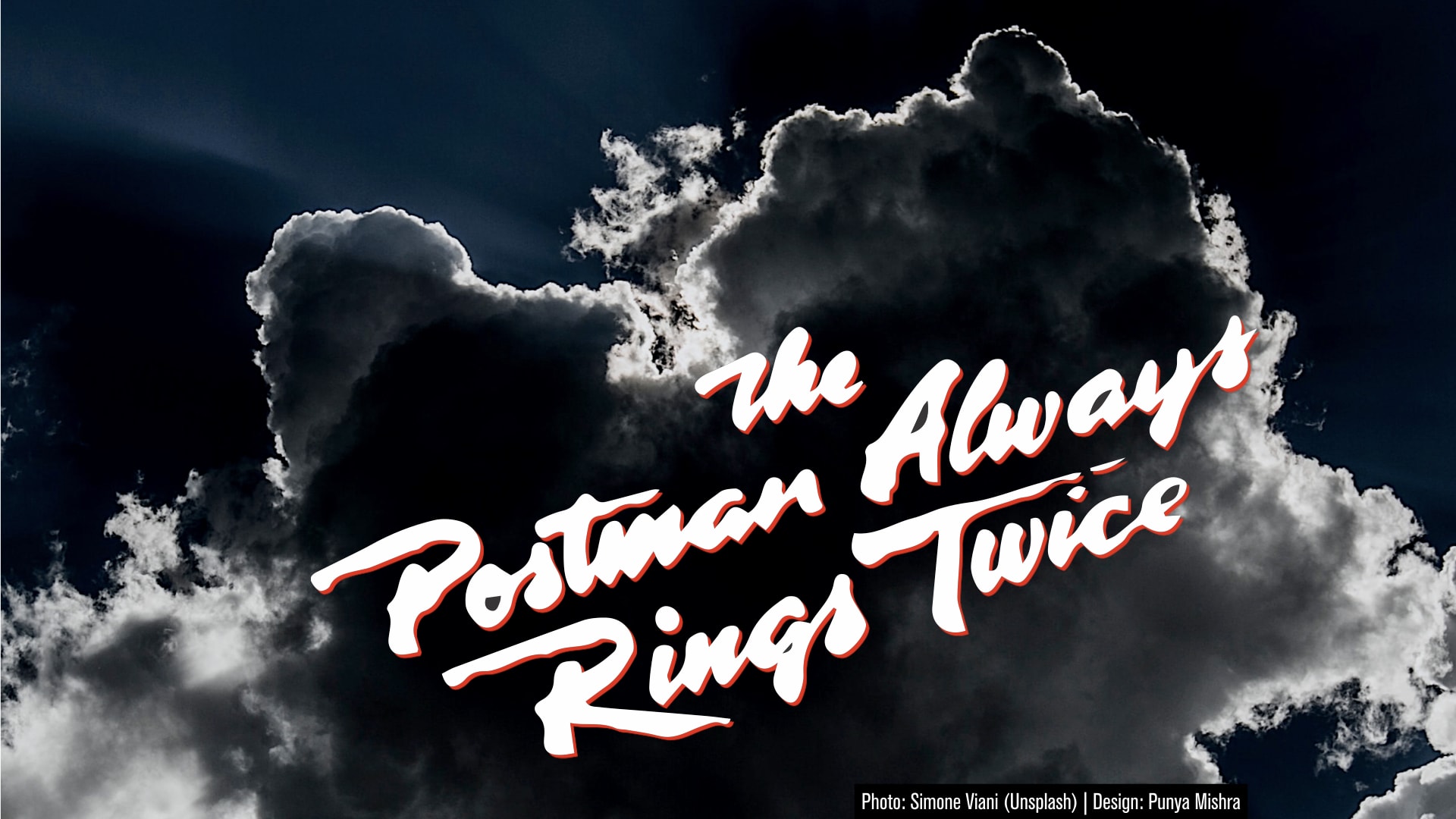
One of the people who I have always regarded as a thoughtful and insightful thinker about technology and society is Neil Postman. Back in 1998 (eons ago in terms of technological change) he delivered a talk in Denver titled Five things we need to know about technological change. What he said that day, almost 22 years ago to the day (the date on the PDF is March 28, 1998), is as relevant today as it was then (maybe even more so). He brings to the conversation over three decades of studying the history of technological change. He adds, however, that he does not consider, these ideas as being…
… academic or esoteric ideas. They are to the sort of things everyone who is concerned with cultural stability and balance should know and I offer them to you in the hope that you will find them useful in thinking about the effects of technology
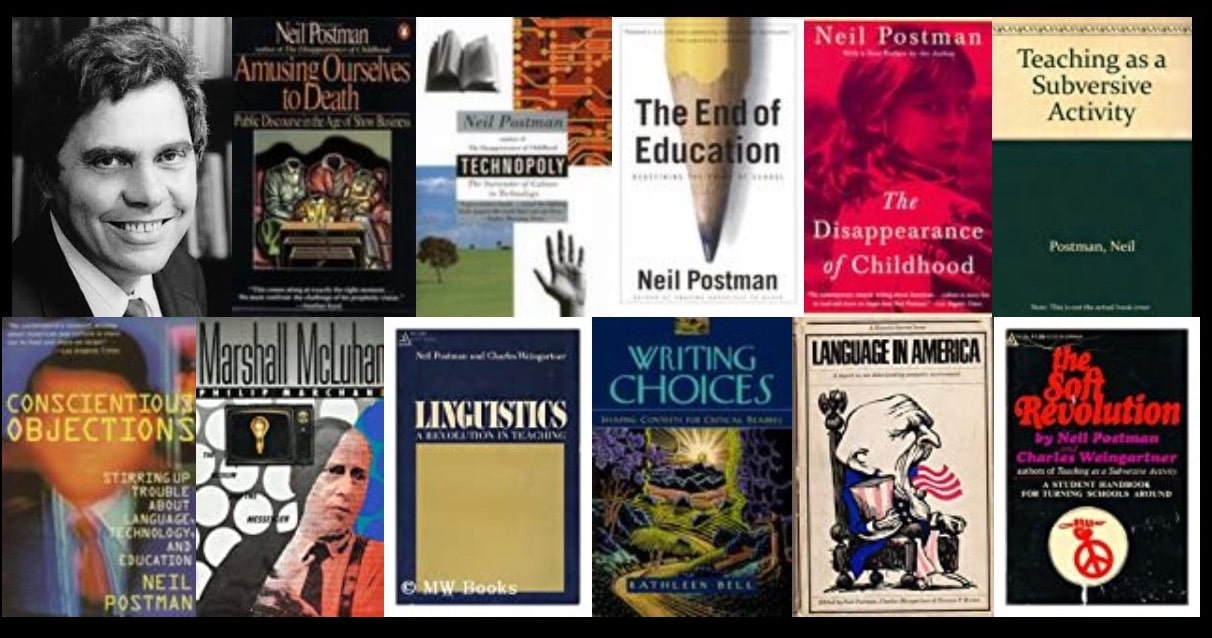
Postman’s article is, obviously, worth reading in full, but for now I will stick to the brief summary he offers at the end of the piece. (Note: The five points below have been lightly edited from Postman’s original prose). The five things we need to know, about technological change, are as follows:

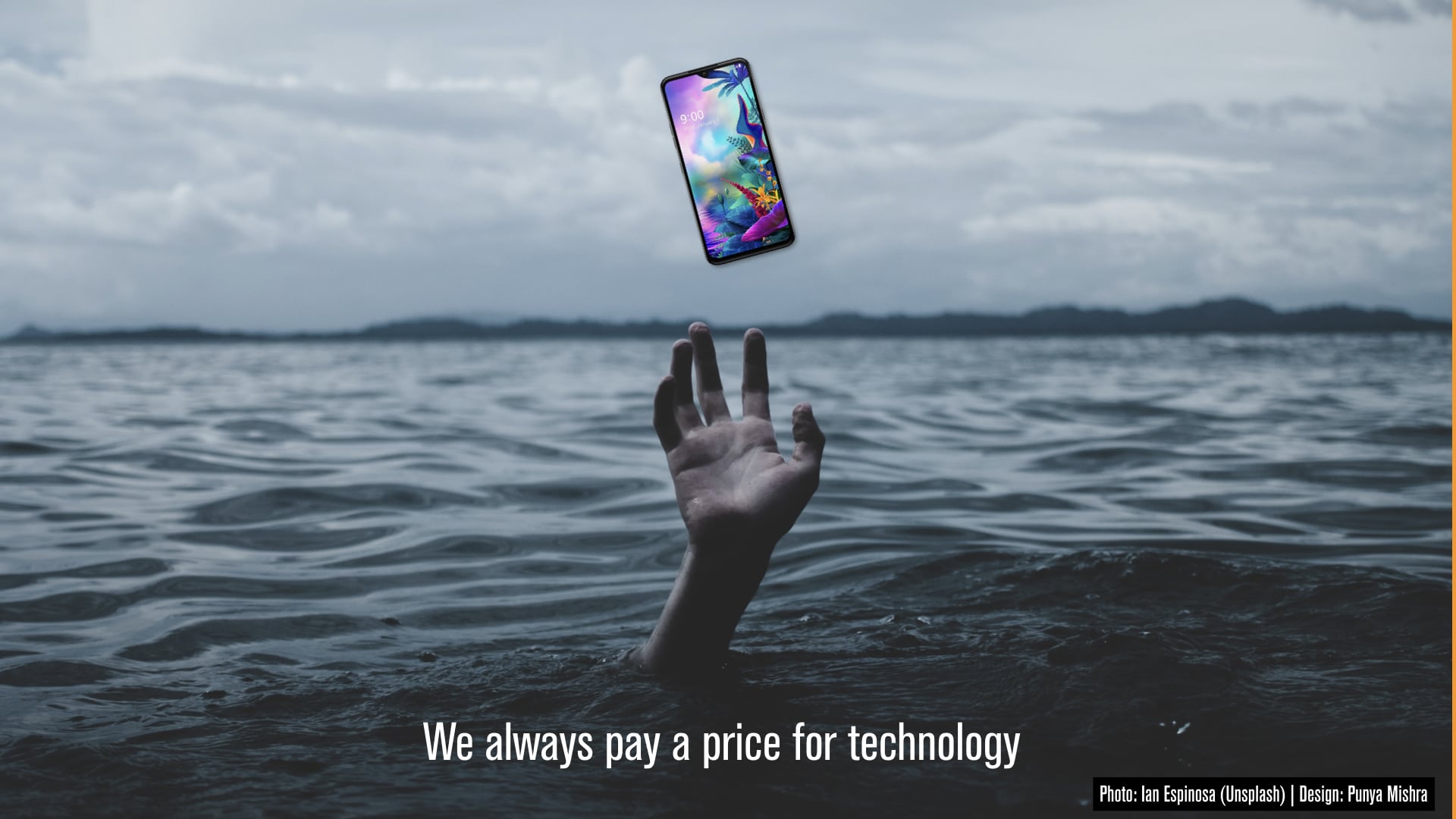
First, that we always pay a price for technology. All technological change is a trade-off, a Faustian bargain. Technology giveth and technology taketh away.

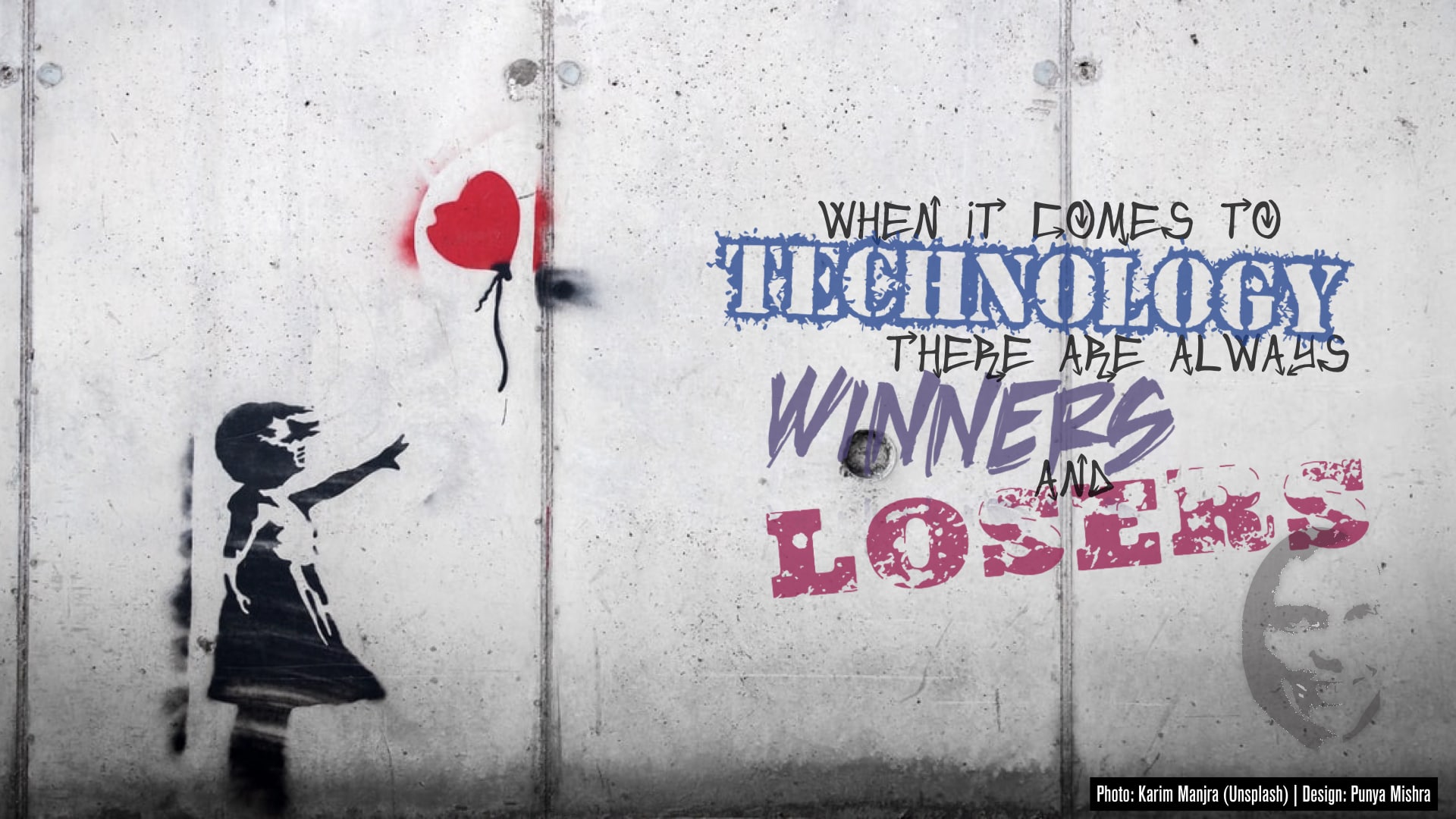
Second, the advantages and disadvantages of new technologies are never distributed evenly among the population. There are always winners and losers, and the winners always try to persuade the losers that they are really winners.

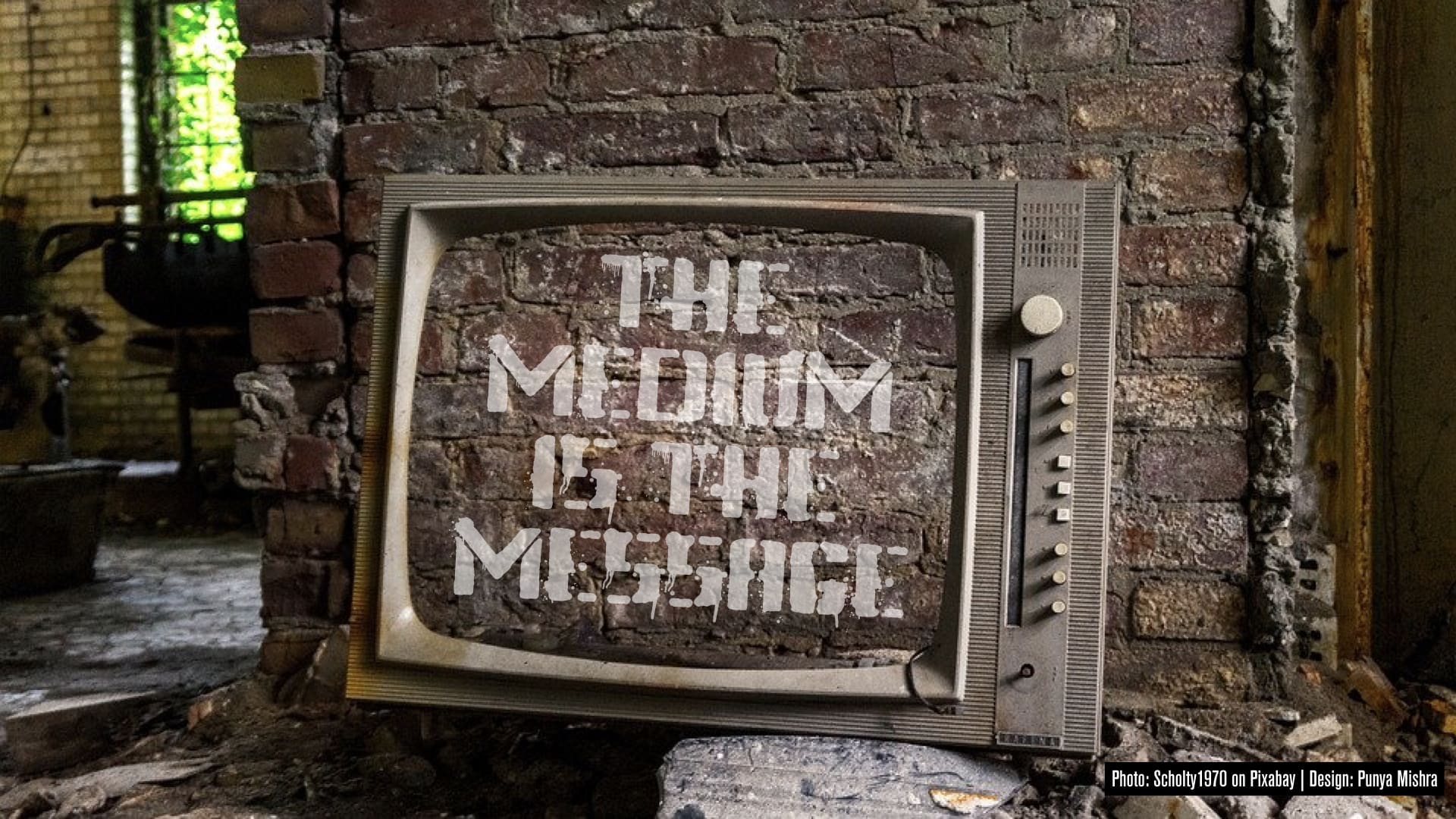
Third, embedded in every technology there are one or more powerful ideas—and biases. These ideas are often hidden and abstract – but they influence how people use their minds, in what it makes us do with our bodies, in how it codifies the world, in which of our senses it amplifies, in which of our emotional and intellectual tendencies it disregards. As McLuhan said, “The medium is the message.”

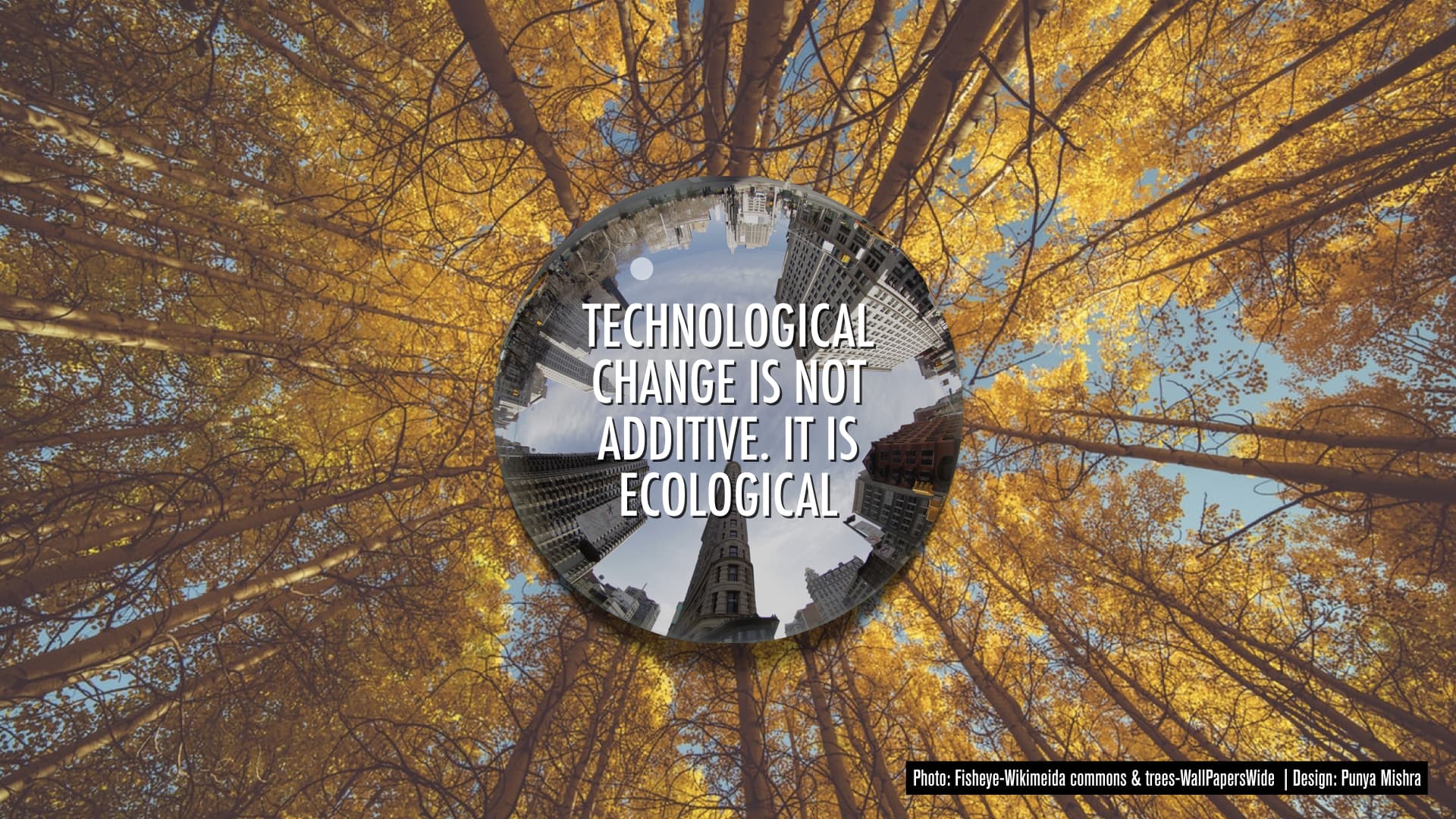
Fourth, technological change is not additive; it is ecological, which means, it changes everything. The consequences of technological change are always vast, often unpredictable and largely irreversible and is, therefore, too important to be left entirely in the hands of [any one person or group].

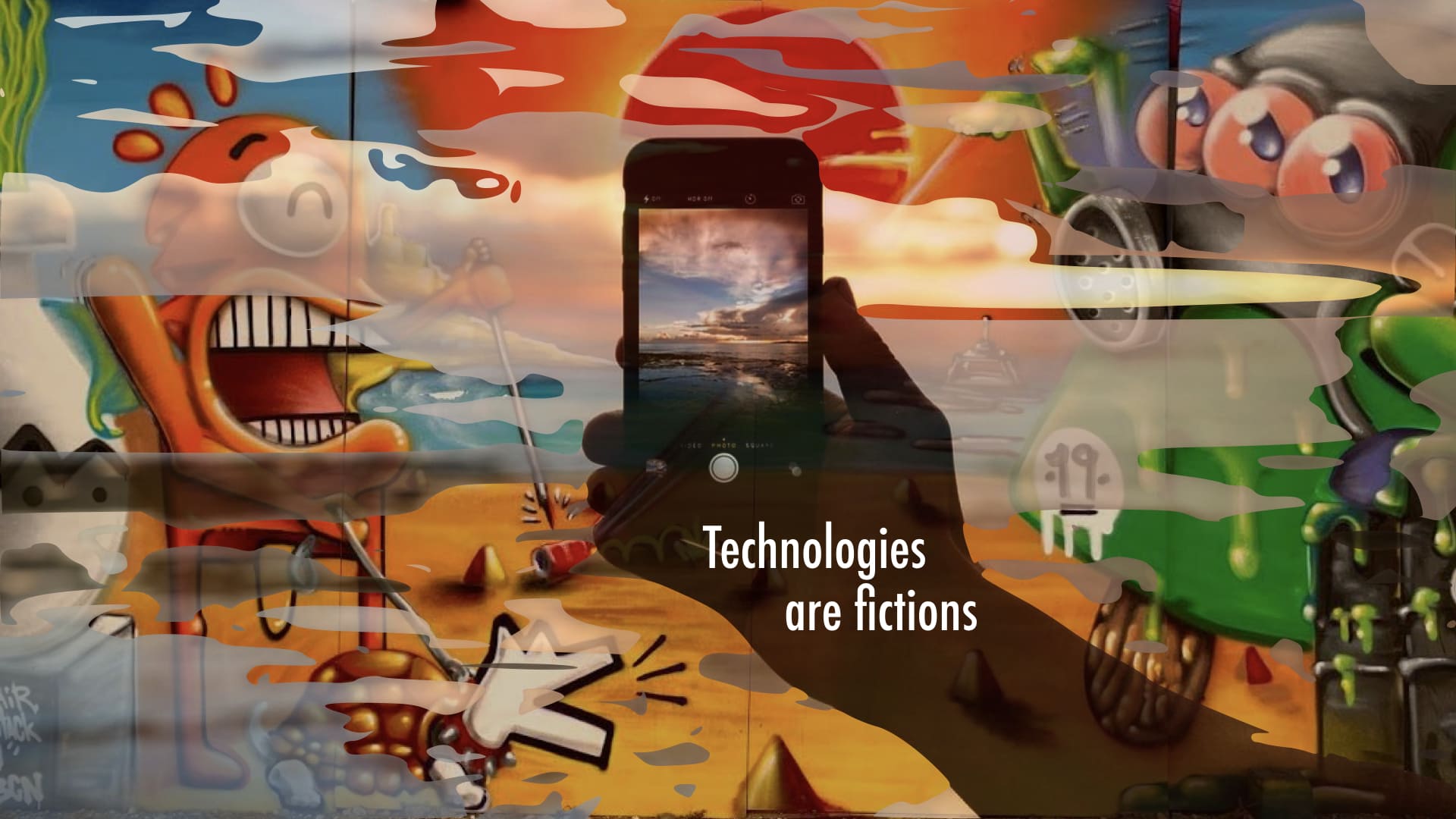
Fifth, technologies are often perceived as part of the natural order of things and therefore tends to control more of our lives than is good for us. Technologies are fictions, created by humans in specific political and historical contexts.
I do believe that these five things are important for us to contemplate and consider as we embark on this new journey. I hope to dig into each of these in greater depth in a follow-up post.
I hope that we, as educators, as a nation, and a civilization, have the courage, grace, wisdom and humility to make decisions (whether about online learning or anything else) with thoughtful compassion. As Harari writes:
When choosing between alternatives, we should ask ourselves not only how to overcome the immediate threat, but also what kind of world we will inhabit once the storm passes. Yes, the storm will pass, humankind will survive, most of us will still be alive — but we will inhabit a different world.
For now, let’s give Postman the last word:
… we have been willing to shape our lives to fit the requirements of technology, not the requirements of culture. This is a form of stupidity, especially in an age of vast technological change. We need to proceed with our eyes wide open so that we many use technology rather than be used by it.
Note #1: The connection between this post, the current situation, and our ongoing work, here in the Teachers College, around Learning Futures & Principled Innovation is quite clear. So though we could not have predicted the Coronavirus, in some ways were were preparing for this uncertain future. For more on this see Designing Learning Futures through reflective practice: Parts I and II
Note #2: All images ©punyamishra






0 Comments
Trackbacks/Pingbacks